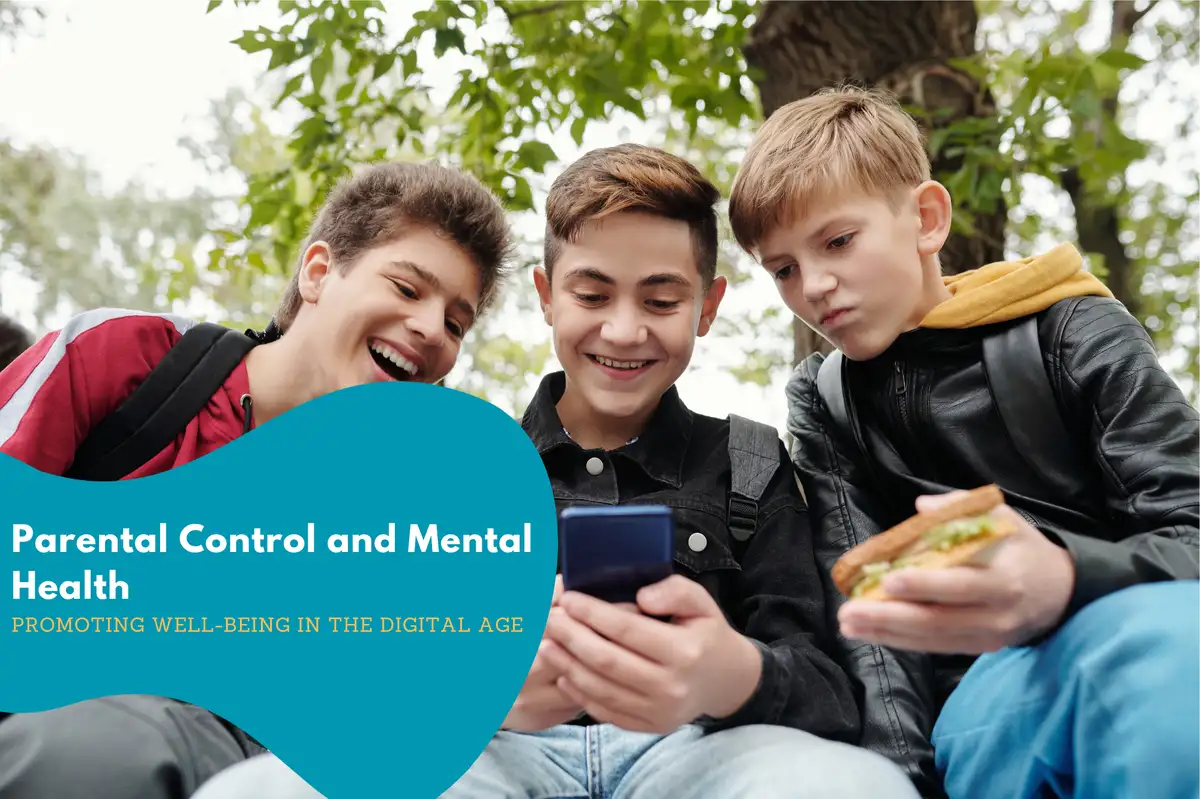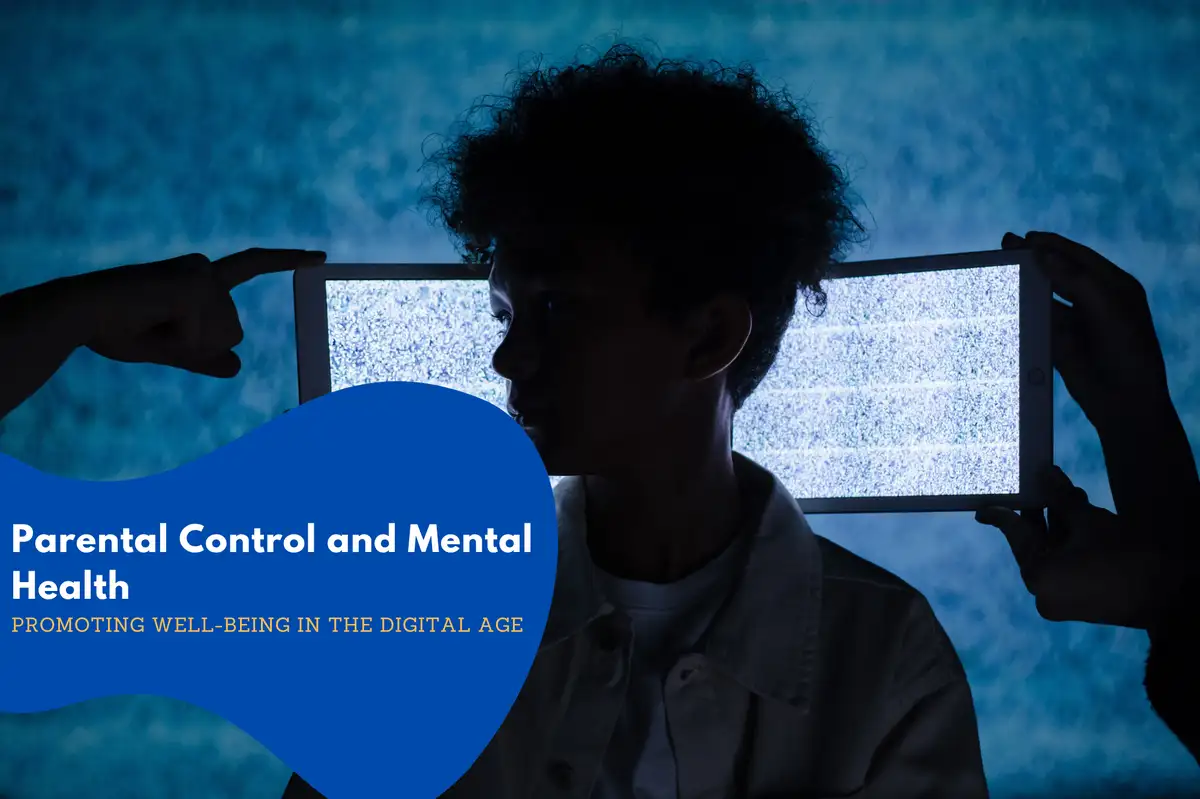The Digital Age and its Impact on Children's Mental Health
Impact of Digital Technologies on Mental Health
Digital technologies, particularly social media, have brought unprecedented changes in our communication and social interactions. While these platforms connect us globally, research indicates a correlation between their excessive use and a surge in mental health issues among children, including depression, anxiety, and low self-esteem. Moreover, the hidden dangers of cyberbullying, online predation, and exposure to inappropriate content pose serious threats to children's emotional and psychological well-being. These risks, coupled with digital addiction and dependency, make the digital environment a double-edged sword for our kids.Identifying Signs of Digital Addiction and Dependency
Recognizing digital addiction in children is pivotal to their mental health. Signs can range from neglecting personal responsibilities and offline relationships to changes in mood, sleep, and eating patterns. Persistent thoughts about getting online, using technology to escape problems, or feeling restless and irritable when trying to cut down on screen time are red flags indicating possible digital dependency.Striking the Balance: Screen Time and Offline Activities
Balancing Screen Time and Offline Activities for Mental Well-being
Creating a balance between online and offline activities is crucial for mental well-being. While technology offers educational and entertainment value, excessive screen time can lead to physical health issues, cognitive development challenges, and social isolation. Encouraging outdoor play, promoting hobbies, and setting aside tech-free family time can foster a healthier lifestyle, promoting mental and emotional well-being.Promoting Healthy Digital Habits and Self-Care
Inculcating healthy digital habits involves setting boundaries for technology use and promoting self-care routines. Encourage children to take regular breaks from screens, get adequate sleep, and participate in physical activities. Remember, healthy habits formed early in life pave the way for a balanced approach to digital technology use in adulthood.The Role of Parental Control in Mental Health Support
Parental Control as a Tool for Supporting Mental Health
In this digital age, parental control is not about limiting freedom but about guiding children to use technology responsibly. Effective parental control can help manage screen time, monitor online activity, and block inappropriate content, thereby supporting a child's mental health.

